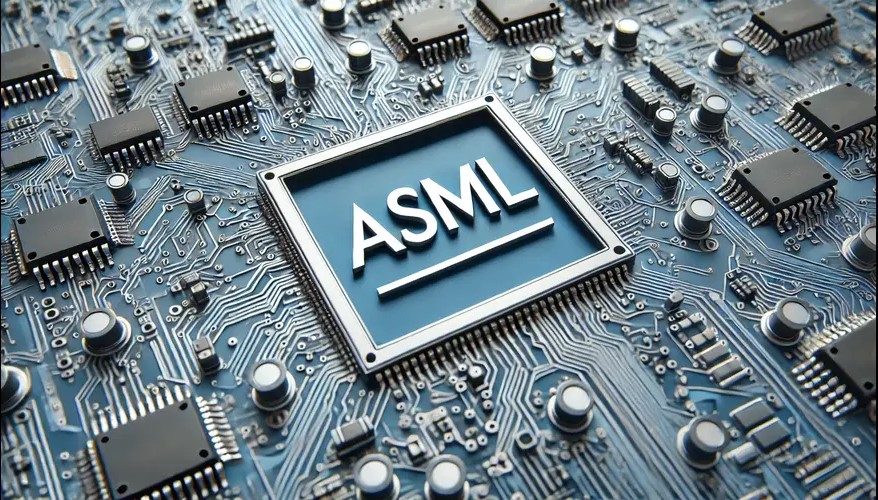ASML's Robust Performance and Strategic Outlook in the Semiconductor Industry

ASML, a leading Dutch semiconductor equipment manufacturer, reported strong second-quarter earnings and sales, driven by increasing interest in artificial intelligence (AI) chips. This surge in demand underscores ASML's critical role in the semiconductor industry, particularly with its unique extreme ultraviolet (EUV) lithography machines. Here's a detailed look at ASML's performance and future outlook based on the latest financial results and market trends.
ASML Q2 Financial Performance
ASML's net sales for the second quarter reached €6.24 billion ($6.8 billion), surpassing the expected €6.03 billion. Net profit also exceeded expectations, coming in at €1.58 billion compared to the anticipated €1.43 billion. Although net sales dropped by 9.5% year-on-year and net income fell by 18.7%, these declines were narrower than those recorded in the previous quarter. A significant highlight was the rise in net bookings, a key market metric representing orders for ASML's machinery, which totaled €5.6 billion in Q2—a more than 24% year-on-year increase.
Strategic Importance and Market Position
ASML remains one of the most vital players in the global semiconductor market. Its EUV lithography machines are essential for producing the most advanced chips, which are crucial for various applications, including AI. Despite geopolitical challenges and export restrictions affecting its sales in China, ASML continues to see strong demand from major chipmakers like Taiwan Semiconductor Manufacturing Co. (TSMC) and Samsung, which are expanding their manufacturing capacities, particularly in the United States.
Outlook and Industry Trends
ASML has maintained its outlook for the full year, forecasting third-quarter net sales between €6.7 billion and €7.3 billion. CEO Christophe Fouquet emphasized that despite ongoing market uncertainties, primarily due to the macroeconomic environment, the industry is expected to recover in the second half of the year. Fouquet highlighted the importance of AI developments in driving industry growth for 2024, and he anticipates a cyclical upturn in 2025 as new semiconductor manufacturing plants come online.
Impact of Geopolitical Tensions
ASML faces significant geopolitical challenges. The Dutch government, influenced by U.S. policies, has imposed export restrictions on advanced semiconductor manufacturing equipment. While these restrictions impact 10% to 15% of ASML's China sales, China still accounted for 49% of ASML's total sales in the second quarter, highlighting its importance as a key market.
New Leadership and Market Confidence
This quarter marked the first under the leadership of ASML's new CEO, Christophe Fouquet. Investors are closely watching his strategic direction amid the ongoing U.S.-China trade tensions. ASML’s share price has surged 44% this year, reflecting investor confidence in its market position and prospects.
ASML’s second-quarter results reflect its resilience and strategic importance in the semiconductor industry, particularly with the rising role of AI chip demand. The company’s strong performance and strategic outlook, combined with ongoing technological and geopolitical challenges, underscore its pivotal role in the global semiconductor supply chain. ASML is poised to benefit from the industry’s anticipated recovery and growth, particularly by 2025. ASML is focusing on expanding its capacity, improving technological advancements, and supporting global market growth.
To stay informed about the latest trends and insights in the semiconductor industry, follow our updates.




